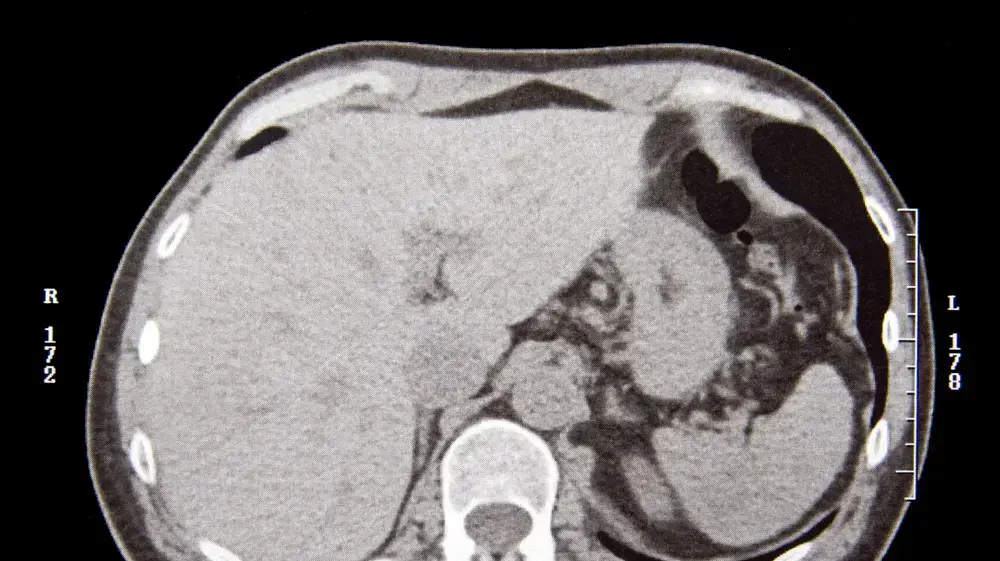MORE INFORMATION
Returning to work and children without school: an unprecedented reconciliation problem
Eva Millet: "It is not necessary to be the perfect parents, it is not necessary to obtain an honorary registration in the confinement"
On March 17, the Community of Madrid announced that, as a result of the closure of schools due to the Covid-19 crisis, it had reached an agreement with the companies Telepizza and Rodilla to offer a menu to 11,500 boys and girls. who had a dining scholarship for belonging to families that have a Minimum Insertion Income (RMI). Since then, numerous nutrition experts, pediatricians and foundations have denounced a clearly insane food offer: sausage sandwiches, pizzas, fried potatoes, croquettes, hamburgers and battered chicken. Even the Regional Federation of Associations of Parents of Students (FAPA) Francisco Giner de los Ríos filed a complaint with the Ombudsman. And although the initial intention was to keep these menus until the end of the course, the strong pressures have led to a rethinking of the situation. Maybe late. Or not without consequences for the health of the most vulnerable children. For Carlos Casabona, pediatrician specialized in childhood obesity and author ofYou choose what you eat (PAIDÓS), it cannot be doubted that “offering these menus for so many days in a row, together with the sedentary lifestyle imposed by confinement due to the health alarm in which we are still immersed, is a clear factor that will increase the overweight and obesity presented by children in our country. " A country that, incidentally, already has the highest obesity figures in Europe.
QUESTION: More than 11,000 boys and girls are beneficiaries of a dining grant that in Madrid has resulted in a daily menu based on pizza, fried potatoes, sandwiches, croquettes and sugary drinks for more than a month. What assessment does a pediatrician specialized in childhood obesity like you do of this offer?
ANSWER: As prestigious dietitians-nutritionists such as Julio Basulto, Juan Revenga and Virginia Gómez have magnificently exposed these days ago, with all kinds of details, the quality of these menus is infamous and falls within, without any doubt, of the category of unhealthy food or junk food. This concept has been known to the entire population for decades, whatever their economic and cultural level, making it logical and understandable that there has been more than justified controversy. No one can doubt that offering these menus for so many days in a row, together with the sedentary lifestyle imposed by confinement due to the health alarm in which we are still immersed, is a clear factor that will increase the overweight and obesity of children in our country. , figures that are among the highest in Europe.
Q: At the beginning, the menus were justified because they were understood to be something "punctual", thought urgently and for a short period, but in reality, boys and girls have been eating these ultra-processed products for almost two months. I mentioned before that they are many days in a row. Does it have immediate consequences?
A: The first consequence is an increase in fatty tissue, both subcutaneously and viscerally. This last location is especially dangerous since the fat surrounds and infiltrates organs such as the liver, among others, causing elevation of biochemical parameters that in the medium and long term can cause serious diseases. These overdoses of hyperprocessed products, rich in saturated fats, salt and sugar, may also be responsible for disorders in the endocrine regulation of carbohydrate metabolism, causing type two diabetes, a disease that has increased in recent years in increasing ages. earlier. In addition, the overload of weight received by a skeletal system that is not yet fully developed, causes pain, and even injuries, in the back, hip, knee and ankles, injuries that we frequently see in the consultations of adolescents with obesity. There are many other disorders described associated with childhood obesity, but I think it is important to highlight those related to the psychic sphere, such as the lack of self-esteem, depression and bullying that 80% of schoolchildren who are overweight or obese receive.
Q: In other Autonomous Communities it has been chosen to offer financial aid to families so that they themselves would acquire the food they are going to consume. Is it a more suitable option?
A: Without a doubt. Miguel Ángel Urueña (Oil jellies in networks), an expert technologist and great disseminator, informed us of the existence of a document prepared by the High Commissioner for the Fight against Child Poverty of the different strategies, all without resorting to fast food food , which the rest of the communities made in order to serve this highly sensitive group. These include the delivery of "normal" catering menus served by municipalities, the Red Cross and volunteers, in addition to purse cards redeemable for healthy food in supermarkets.
Q: One of the arguments alluded to in defense of these menus is that they are cheap. Are there better alternatives without high expense?
A: Without a doubt. Legumes, rice, seasonal vegetables and fruits, eggs, wholemeal pasta with associated vegetables (tomato sauces with zucchini and carrots, for example) are cheap and healthy proposals. With this type of food, the problem often arises from a sad presentation in metal trays with holes, the cold temperature of the food and the lack of variety. It should be noted, in addition, that in this case the Canary Islands was giving away bananas but in the end the delivery did not materialize.
Q: Are boys and girls growing up in families with a precarious economy at greater risk of obesity and those diseases related to poor diet?
A: That's right. In the latest Aladdin study (2015) it can be verified that both overweight and obesity continue to grow in the most disadvantaged layers, although the total figure (which was incredibly high, hovering around 41%) had dropped two or three points for the best awareness and access to good information that families with higher incomes have.
Q: Is it more expensive to eat healthier?
A: It is a topic that generates controversy because there are authors who think yes and others who think no. Personally, I think that you can eat healthily with little money, but what happens is that eating badly is too cheap. Let me explain: a container with 1 kg of cookies can cost 1 euro and covers 4,000 kilocalories, a high quantity with which to "feed" (poorly) several children from a family with low resources, while a kilo of quality tomato, which It usually costs about 1.5-2 euros, it only provides 200 kilocalories. If we talk about nuts, a group of high nutritional quality that we recommend daily, it is clear that they have a high price, as it happens with many fruits such as grapes, melons, kiwis, avocados, papayas, mangoes, etc. Fresh meat and fish are also much higher in price than sausages and other processed meats. For all these reasons, I think that although eating healthy can be cheap, it is also true that variety and quality are paid too expensive, and disadvantaged classes also have the right to enjoy eating.
Q: What depends on the quality of food for a family?
A: Of their cultural level, of access to quality health and medical services, of the income they add among its members, of the neighborhood in which they live, etc. There is a well-known saying that a person's health is more related to the postal district in which they live than to their genes.
Q: How do you deal with this issue without blaming families?
A: I understand that many parents are working long and hard days, which means that they do not have the time or desire to buy seasonal products at markets at a good price and prepare healthy dishes that require cooking longer than it costs to consume cheap hyperprocessed food. I also believe that the gastronomy boom that has occurred in recent years, together with the greater offer of food products in a more globalized market, can help families cook faster and healthier. All this also facilitates access to new culinary techniques that can make children more accepting of vegetables, greens, legumes and, in general, all kinds of healthy foods so that they do not have to compete at a disadvantage with the powerful flavor of hyperprocessed foods.
Q: What role does nutrition play in children's health, both now and in the future?
A: It has always had a very high importance, since our organs and devices work like precision machines. If we add poor quality fuel, the parts will last less. The fact that every day we know more about our organism puts on paper the extreme importance of eating well, so as not to harm, for example, the infinite number of capillaries and arteries that run through every corner of the human body, consuming saturated fats and sugars excessively refined.
Q: According to the World Health Organization, childhood obesity is one of the most serious public health problems of our century. Are you taking this matter seriously?
A: As Margaret Chan, former WHO director, said in the essential document Ending Childhood Obesity, the main obstacle to progress with regard to the problem of childhood obesity is the lack of political commitment to launch the actions. necessary. In other words, there is no clear and determined political will to end the problem: the lobbies of the food industry that produce unhealthy food are infiltrated by our governments. This is clearly seen in the passivity and complicity with respect to the advertising of unhealthy foods. There are also structural elements that hinder progress: the very configuration of cities, with little quality public equipment so that children can carry out physical activity safely, in addition to not prioritizing transport on foot or by bicycle as in other countries.
Q: You have been focused on infant feeding for more than 30 years and many families have passed through your consultation. Are you optimistic?
A: Generally speaking, I am optimistic. I consider that social networks have meant that many professionals can be united when it comes to disseminating to improve children's health, and we have more influence than 10 or 15 years ago, when our power of communication did not go beyond our consultations and some loose program local radio to which we were invited. Thanks to the images and miniposts that we post on Instagram, Twitter or Facebook, thousands of families can learn, for example, the tricks that part of the food industry uses to make it difficult to really know the dose of sugar that they put in their products. We will be there and we will continue working in that direction.
You can follow De mamas & de papas on Facebook, Twitter or subscribe here to the Newsletter.








